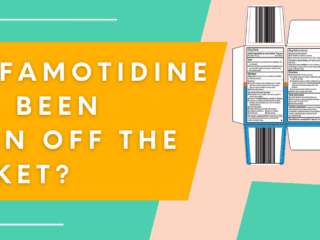Generic Name: dulaglutide
Brands: Trulicity
Class: GLP-1 receptor agonist
Availability: Prescription needed
Molecular Formula: C2646H4044N704O836S18
Substance UNII: WTT295HSY5
What is Trulicity?
Trulicity is a prescription drug that comes as an injection administered once per week.
What is Trulicity used for?
Trulicity is prescribed to treat patients with type 2 diabetes mellitus. The FDA states it should not be used as a sole treatment for type 2 diabetes, but rather, in conjunction with a healthy diet and plenty of exercise to keep glycemic levels healthy.
How does Trulicity work?
Trulicity helps balance blood glucose levels in patients with type 2 diabetes mellitus. Trulicity contains dulaglutide, which increases cyclic AMP (cAMP) in beta cells. cAMP is responsible for sending messages throughout the body to signal various biological responses. When dulaglutide increases cAMP, glucose-dependent insulin release occurs, and blood glucose levels can now maintain a healthier level.
Contrary to popular belief, Trulicity is not insulin, but it works to maintain healthy blood sugar levels, which is a common problem in people with type 2 diabetes.
How long does it take Trulicity to work?
Trulicity’s effects can occur after a single dose, according to the FDA. This timeframe may differ for everyone, though, so it is important to discuss potential side effects and proper dosing with your prescribing physician.
Do not use Trulicity if:
There are some cases in which a person should not used Trulicity, including but not limited to:
- If you are using Trulicity as a “first-line” therapy and/or if you are not keeping up with a healthy diet and exercise
- If you have pancreatitis
- If you have type 1 diabetes mellitus
- If you have diabetic ketoacidosis
- If you have a pre-existing gastrointestinal disease
- If you or someone in your family has a history of medullary thyroid cancer (MTC), thyroid tumors, and/or multiple endocrine neoplasia syndrome type 2 (MEN 2)
- If you have renal impairment, your physician should monitor any potential adverse reactions to Trulicity, such as gastrointestinal issues
Please note this list is not complete, and therefore, it is critical that you speak with your doctor about the potential risks of taking Trulicity, based on your individual health profile.
For more information regarding pregnancy risks with Trulicity, please visit our pregnancy page.
For more information regarding interactions with Trulicity, please visit our interactions page.
For more information regarding side effects with Trulicity, please visit our side effects page.
Disclaimer: this article does not constitute or replace medical advice. If you have an emergency or a serious medical question, please contact a medical professional or call 911 immediately. To see our full medical disclaimer, visit our Terms of Use page.







